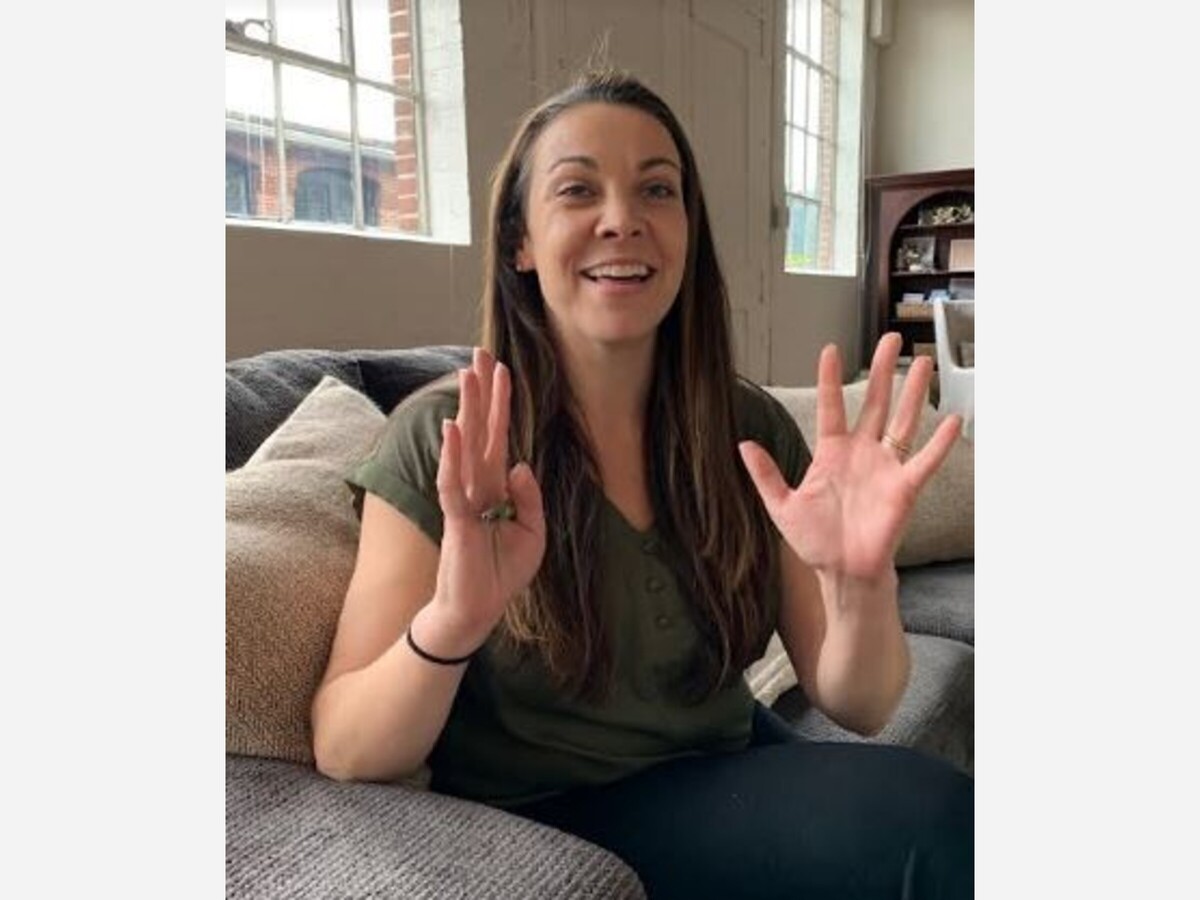Image

Jennifer Knight Levine is the cofounder and CEO of the SAFE Coalition, a growing social services agency launched here in Franklin in 2014 in the midst of the opioid epidemic.
Knight-Levine, a 2004 FHS graduate, explains that she had just returned to Franklin after several years working in the social services sector in San Diego, anxious to restart her career in closer proximity to her family. And, in fact, she had gone back to work at Riverside, an agency in Dedham for whom she had worked during her college years.
But then she realized something was very wrong in her home town. People were overdosing and dying – even people she knew. It was the talk in the checkout line and the “did you hear about...” that seemed to be part of nearly every conversation. Something had to be done, so she reached out to State Rep Jeff Roy, someone she had first known as a School Committee member in her FHS years.
“What is being done, are there any services for these people,” she asked. Roy said, not as far as he knew, but he suggested contacting the YMCA and offering to set something up. So, she did just that.
Because she was still working full-time in Framingham, “we started small. The initiative was called Healing Hearts, and it was designed specifically to help the families and siblings of people fighting addiction,” she explained.
But the epidemic just seemed to get worse and worse. So, despite now living in West Roxbury and in a relationship that was moving toward marriage, that summer, on June 30, Knight-Levine convened a meeting of people impacted by addiction. “We had no idea if anyone would even come – but there ended up being about 300 people,” she recalled. It was a community conversation and an energizing forum for those sharing a determination to do something,” she said.
At the end, Jim Derick, who was to become co-founder of the SAFE Coalition along with Knight-Levine, jumped on the stage and said he wanted to get involved – and four or five other people who were in the audience also ended up serving on the board of what soon became a bona fide organization. People even stepped forward with funding, she recalls. “At that point I had no idea how to start a 501(c)3 but we figured it out,” she added.
SAFE’s first product was a booklet for first responders to give to families of those involved with addiction.
But still, the situation seemed to only get worse, as fentanyl was added to the challenges, eventually becoming the dominant street drug in the region.
SAFE set up offices in Norfolk with support of a local family, conducted outreach and education, supported first responders, forged partnerships with other organizations and began to focus more on recovery and the full range of problems within the addiction crisis.
Meanwhile, in her personal life, Knight-Levine married and she and her husband, who was embarking on Paramedic schooling and entering the fire service, had their first son. Covid also happened and a second child.
“It was wild, there was no slowing down for either of us,”she said.
More recently, looking at better ways to serve the whole community, SAFE initially sought a second location – but, Knight-Levine explained, the space at Moseley Mill was large and could support more services. So, that’s where SAFE moved in 2022. The organization now has a staff of five full-timers and several part-timers.
Today, Knight-Levine it is still all about building partnerships where there are other opportunities for people to get support and care – and sometimes jumping in with gap services to fill an unmet need.
“Our mission is to still listen to the needs of the community, and build services with the folks who are experiencing the need around what is important to them. And because we're still small, we can do that. We can be flexible; we can understand new policies that are probably going to be coming in our direction, and build up support for that in a way that a larger state system couldn't,” she explained.
For example, she noted, there are numerous nonprofits that serve these communities, but none of them have a “diaper bank,” something SAFE identified as a pressing need for many of those coming in for other services.
“We also have a growing elder community that has very limited resources for substance use and mental health support, so that’s something SAFE really wants to continue to lean into, really developing that support, mentorship and care,” she said.
But there is also balance, and Knight-Levine says she is anxious to do more, but also wants to spend time with her two young boys. “That is really important to me, too,” she added.